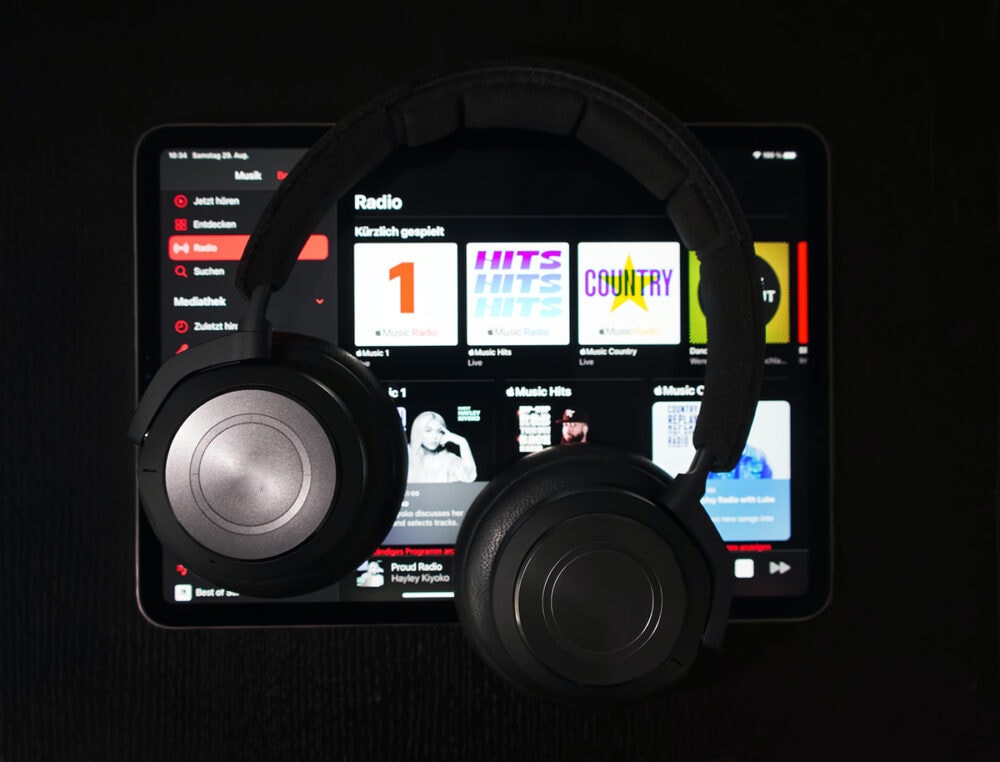Young Australians don't give up their cell phones until they reach three million euros
Children and young adults would only give up their smartphones completely if they received at least three million euros in compensation in return. This is the conclusion of a recent study by LivePerson.

"If you equate the smartphone with Internet access, it's almost impossible to do without it," psychologist Christian Roth told the Pressetext news agency. For the survey, the researchers asked 4,000 Australians between the ages of eight and 34 about their cell phone use. "What we see in the study is that the cell phone is becoming a kind of extension of the self. The platforms and apps it contains take up more time than offline interactions," says Riruk Bradbury from LivePerson. For less than three million euros, Australians would therefore not give up their beloved device for the rest of their lives.
Around 70 percent of respondents also stated that they always have their smartphone within arm's length of them during the night. 53% even check their notifications when they wake up briefly. Just under 65% also admitted that they take their cell phone into the bathroom to stay reachable. A previous study has shown that millennials are now on their cell phones up to five hours a day due to their constant urge to be online.
Few real encounters
According to the researchers, cell phones also have a major impact on living together and traditions. For example, 41.6 percent of respondents think it is okay for someone to chat with a person who is not present during a family meal. 45 percent also think it is okay to use their smartphone during a school lesson or reading at university. In percentage terms, young adults communicate more with their friends and family members via their cell phones than from person to person.
"In most professions, you use the internet and need to be easily accessible. The smartphone is also an important all-round tool in our private lives, combining many functions and speeding up communication. Not being online or not being reachable is very limiting these days. As a self-experiment, you can try to get by without a smartphone for a week," concludes Roth. (pte)








